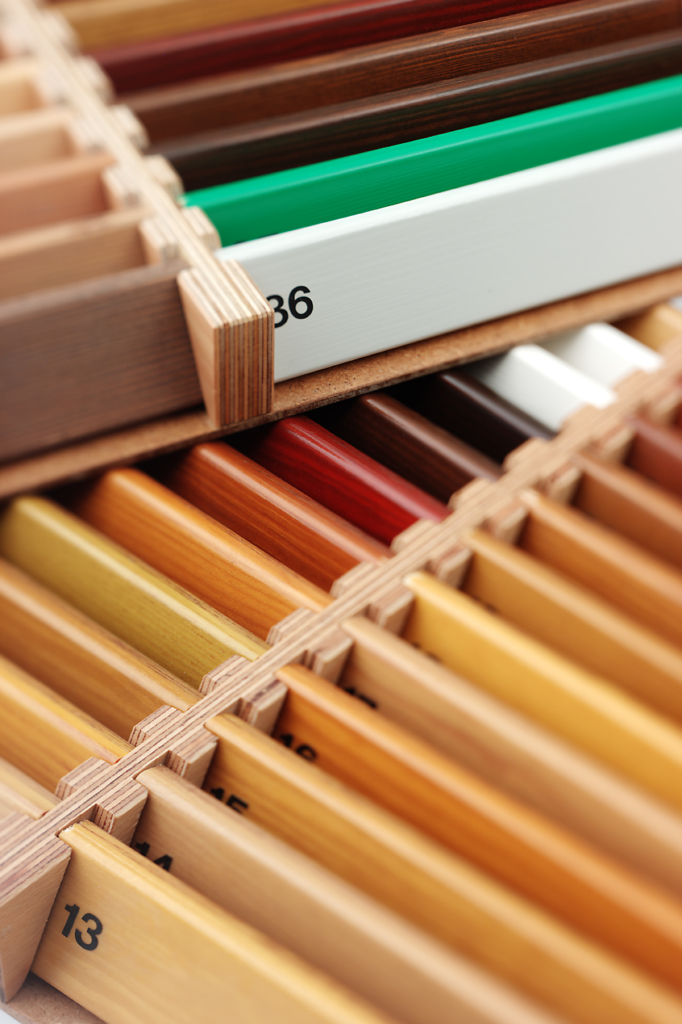Oil- or water-based exterior wood coating?

The production of a usable coating, whether it is to be applied indoors or outdoors, requires the dissolution of its components in a liquefying agent. The manufacturer’s choice of agent enables the familiar classification of coatings as ‘water-based’ or ‘solvent-based’. While the latter term is a catch-all which extends across a wide range of organic (oil-based) liquids, the basic distinction holds good.
The last couple of decades have seen a general shift away from solvent-based finishes, especially in the DIY sector, where convenience tends to outweigh all other considerations. However, a professional determining an appropriate finish for an external wood coating may want to take a broader view.
Here are the deliberations which Redwood customers have shared with us while making their choices. We hope they’ll help you reach your own decision.
Quality and appearance
Many pros feel that the viscosity of a solvent-based finish enables better coverage of joints and fissures. This may lend a more attractive appearance to a job, besides making it less susceptible to temperature and humidity variations during the curing phase. (Many a water-based external paint job has been compromised by an air conditioning unit spurting ‘HVAC fog’.) It’s also important to note that getting optimum results from a water-based finish may require modifications to time-honoured surface preparation and brush techniques.
VOC concerns
The characteristic smell of a solvent-based varnish or gloss comes from the release of volatile organic compounds. These VOCs have become a focus of environmental concern in the UK and other countries, so the wish to minimise exposure to yourself and others is understandable, especially if you’re working with finishing products every day. You may feel that a switch to ‘water-based’ will benefit your lungs…but, remember, long-term exposure to water-based finishes is not without its own particular hazards. Whatever your decision, you can trust that every product in Redwood’s extensive range of finishes has been carefully chosen to minimise smells and exposure to harmful chemicals.
Fade resistance
It used to be the case that solvent-based paints would yellow over time, an effect which can be charming but may be inappropriate when you’re trying to reproduce the bright colours of a modern brand identity. Water-based paint manufacturers have long claimed an edge of fade resistance, but in recent years special additives have lent the same quality to oil-based paints. Redwood’s range offers excellent colour stability whether you choose water- or solvent-based finishes, and our team is on hand to advise you on obtaining the results you want.
Drying time
Unlike their DIY equivalents, water-based finishes made for the industrial market are likely to be slow-drying. If you’re doing a weekend refit, oil-based may be the way to go.
The debate about oil vs. water-based finishes will likely continue through the years and decades to come… but it’s good to fully understand your options.
If you need to discuss the requirements of a particular job in more detail, give us a ring. We’ll be delighted to help.
